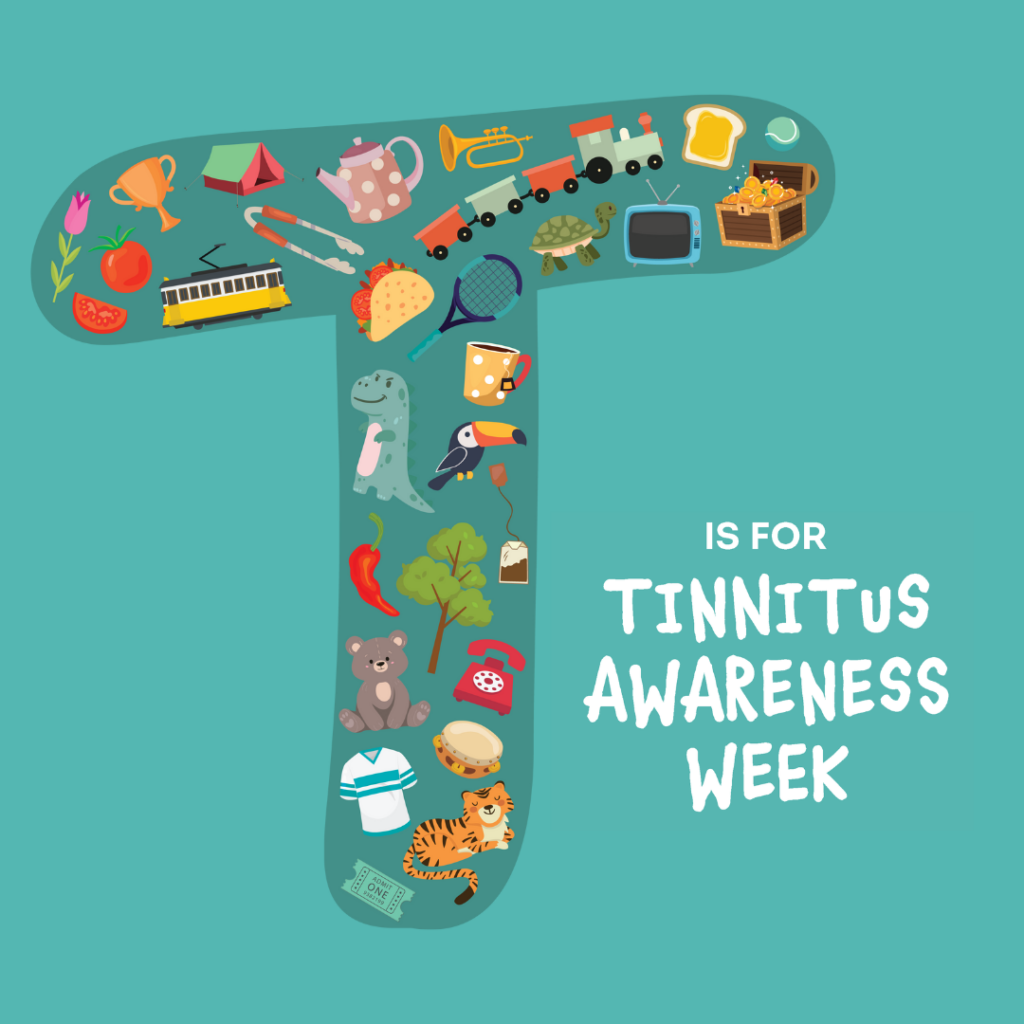Soundfair Events
Tinnitus Awareness Week (Feb 5-11) is almost here!

30% of Australians Experience Tinnitus.
The 5th -11th of February is Tinnitus Awareness Week. Tinnitus is not something you can tell a person has just by looking at them and is more common than most people realise with one in three Australians being affected each year. For some of those people, it causes distress and significantly impacts their life.
While 30% of Australians report having Tinnitus each year, 15-20% of people report constant tinnitus. And for 2% of people their tinnitus is very distressing. Tinnitus can impact a person’s mental health with 45% of people with tinnitus experiencing anxiety, and 33% experiencing depression. It can even cause suicidal thoughts. This can have a significant effect on a person’s life. Therefore, raising awareness and the support available for people with tinnitus is important.
Tinnitus is a condition characterised by the perception of noise or ringing in the ears when there is no external sound source. It is not a disease itself but rather a symptom of an underlying issue such as hearing loss, ear injury, neck or jaw issues, or circulatory system disorders. The sounds people with tinnitus hear can vary and may include ringing, buzzing, hissing, whistling, or other similar noises. Tinnitus can be temporary or chronic, and can affect one or both ears, or be perceived more centrally in the head. While you may hear tinnitus in your ears, it is generated by the brain. While many people with tinnitus do not find it problematic, for those who experience problematic tinnitus, management is key, and there is help available. The best way to manage tinnitus is dependent on the individual needs of the person. A useful step for many people is talking to a professional who can help with understanding what tinnitus is, as well as what may cause or aggravate it. It can also be important to carry out any recommended investigations into the cause of your tinnitus. These help to rule out underlying pathologies that may need to be addressed. Beyond this, there are a range of treatments available. For those whose tinnitus is triggered by neck or jaw issues, having these treated can be important. There are also other options such as sound therapy – which involved the use of other sounds to treat the tinnitus, hearing aids, if you have a hearing loss, and cognitive behavioural therapy. It is important to know that tinnitus does not have a one size fits all treatment, so if you are struggling at any stage, or the treatments you have tried are not working, seek further assistance.
If you have tinnitus, a good place to start is to get checked out by your GP and hearing care professional. There are a range of treatments available for tinnitus and a qualified professional can guide you to the best treatments for you.
We support Tinnitus Awareness Week! If you would like to know more, including how you can get involved, visit: www.tinnitusaustralia.org.au/tinnitusawareness/
